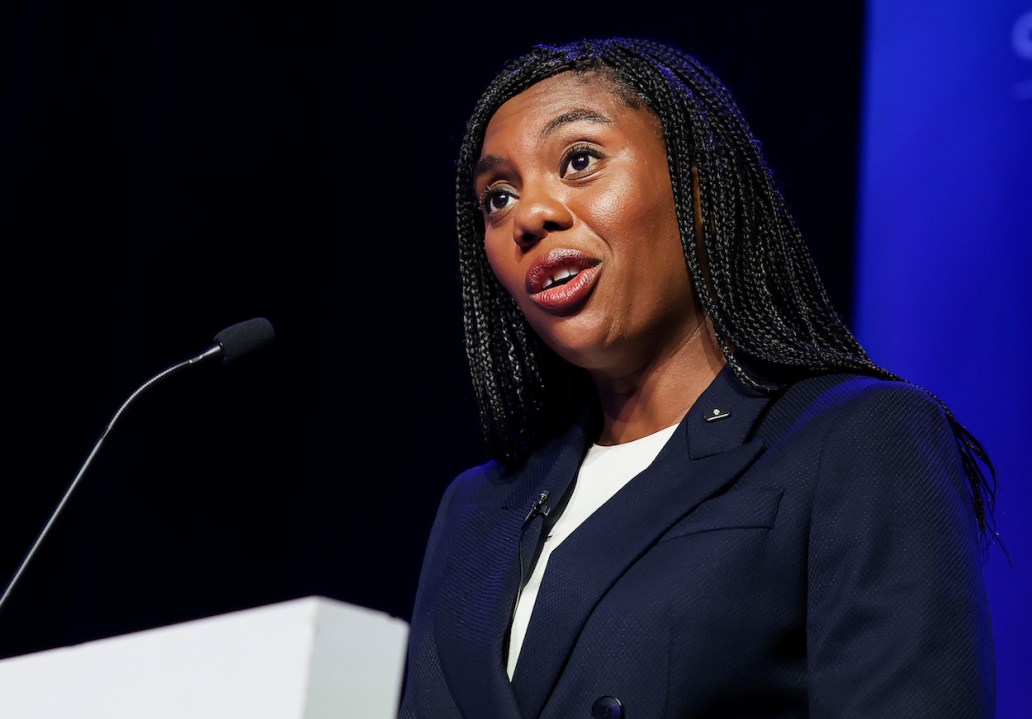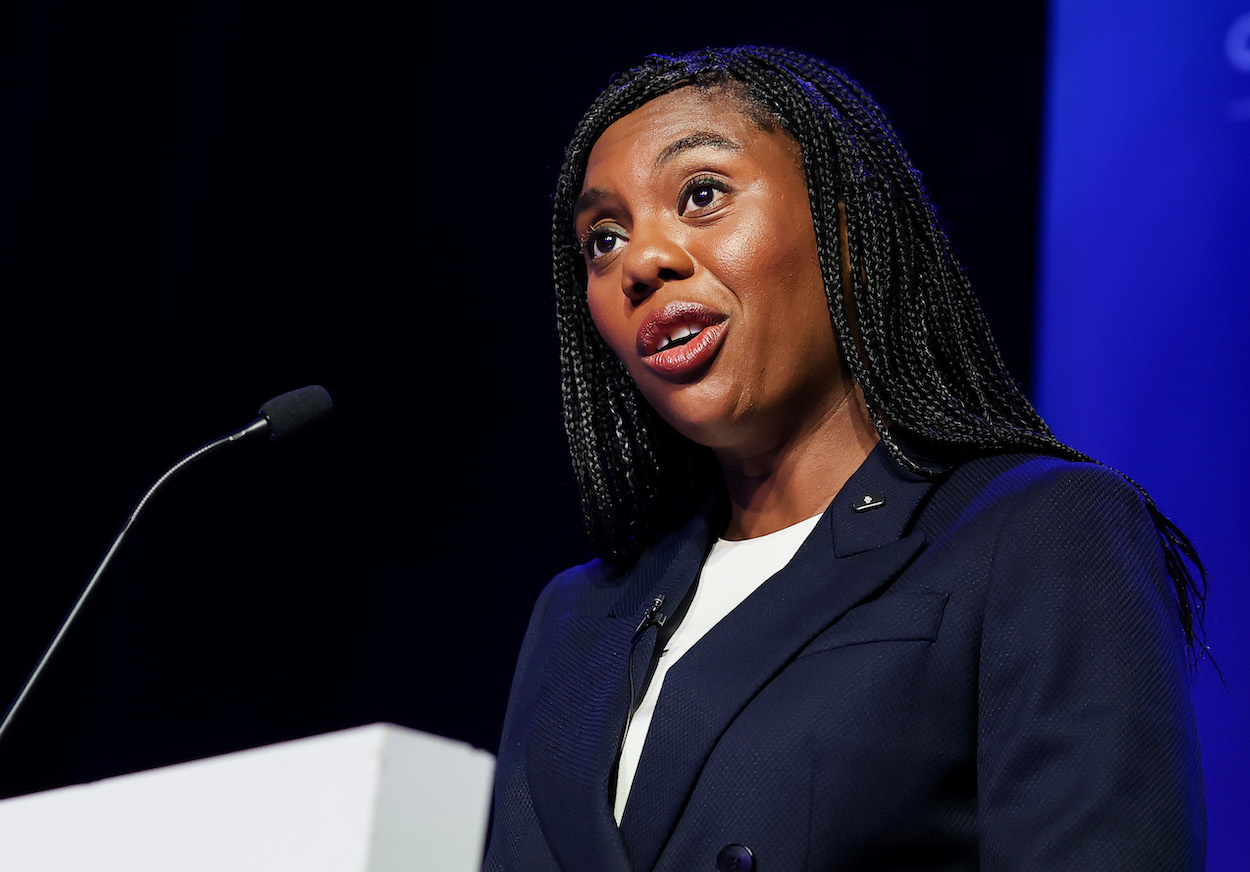The Conservative party conference kicks off today in Manchester. Dominating the headlines is the long-awaited announcement that the next Tory government would pull Britain out of the European Convention on Human Rights (ECHR). In a break with recent conferences, leader Kemi Badenoch will be making two speeches. The first this afternoon will set out what ECHR-exit would look like. The second on Wednesday will deal with more of what George Bush Sr. called ‘the vision thing’: Badenoch’s big picture for Britain. ‘Stronger economy, stronger borders’ is the party’s slogan for the four-day jamboree. That reflects the two-pronged approach that senior Tory strategists believe is the only way back to power. Fiscal competence is usually the key battleground between Labour and the Tories; mass migration has clearly been a major spur for Reform UK’s rise. A serious offer on both is a prerequisite for any Tory electoral recovery.
But if Badenoch is to convince the public that her party has changed, she needs to be given a hearing first. That has proved a major challenge throughout her 11 months of leadership. Her policy reviews are modelled on those championed by predecessors: both Margaret Thatcher and David Cameron undertook similar exercises in opposition during the late 1970s and 2000s respectively. Yet, as one pro-Badenoch MP puts it, gloomily: ‘They didn’t have a brash new start-up in the market.’ The rapid collapse of the Labour government’s standing has left a void which Nigel Farage has been only too happy to fill. As someone untainted – or untested – by the constraints of office, Farage is an attractive magnet for popular discontent. He has grasped that, in the age of modern politics, success is as much about the attention economy as it is the battle of ideas. ‘Reform is the new sexy story’, admits a Tory aide. ‘It’s not like in government when you got attention for another press release on banning smart phones.’
Party conference therefore offers Badenoch an invaluable opportunity. For four days, the media spotlight will be on her. Plenty of policy is expected to be rolled out, with senior Tories keen to show that they have put the status and resources of HM Loyal Opposition to good use. The challenge will be twofold: credibility and distinctiveness. How can the party win over a sceptical public, of whom currently just 14 per cent would vote Tory tomorrow? And how can it make a unique policy offer that, as one staffer puts it, ‘can’t simply be nicked by Nigel’? Depth, as much as breadth, seems to be the answer. The ECHR-exit review is the product of much time and thought by Lord Wolfson, the party’s shadow attorney general. Robert Jenrick’s plans to overhaul the asylum and migration system have been subjected to scrutiny by the Society of Conservative Lawyers. The likes of Mel Stride and James Cartlidge are at pains to emphasise the extent of their consultation with businesses and defence firms in their respective briefs.
For Badenoch, all that still might not be enough. Her internal opponents point out that on the day she replaced Rishi Sunak, the party was on 25 per cent. Since then, the Tories appear to have gone backwards on most metrics – including membership numbers. Attendance at this year’s conference is expected to be down: something Badenoch warned the 1922 committee about prior to summer recess. Expect to see well-refreshed MPs and aides venting forth in the Midland bar come the early hours of the morning. Should this conference not go well, such voices of criticism are only likely to be echoed in the coming weeks and months. Two key dates are in the calendar: 2 November, when Badenoch can formally be challenged, and 6 May, the date of the Scottish, Welsh and local elections.
Surviving the next twelve months will require guts, brains and a decent dollop of luck. Has Badenoch got it in her? Manchester might provide the answer.









Comments